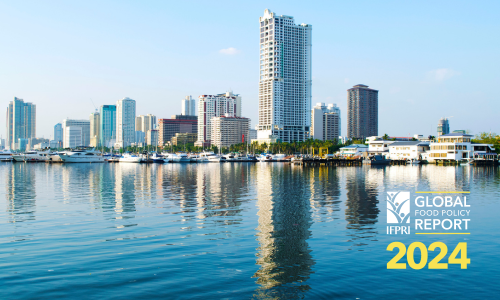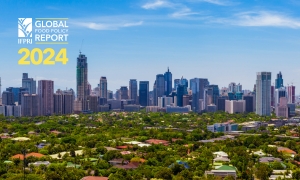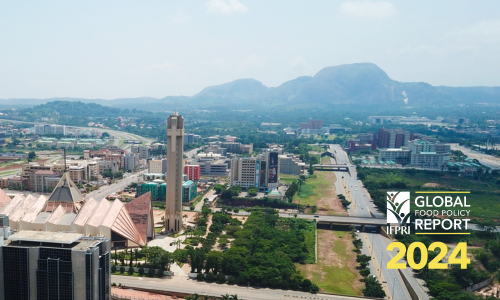Overview
Increasing productivity in food systems while staying within environmental boundaries and maintaining biodiversity
FROM CGIAR.ORG … Agriculture is the biggest driver of forest and biodiversity loss, including of diversity crucial to healthy diets and nutrition. A third of the world’s soils are degraded, and agriculture accounts for about 70% of global freshwater withdrawals. A healthy natural environment and biodiversity are critical for the long-term sustainability of food systems, and human health.
CGIAR Research Initiatives
- ONE
- TWO
- THREE
- FOUR
Learn more about IFPRI’s work on environmental health & biodiversity
What’s New
-
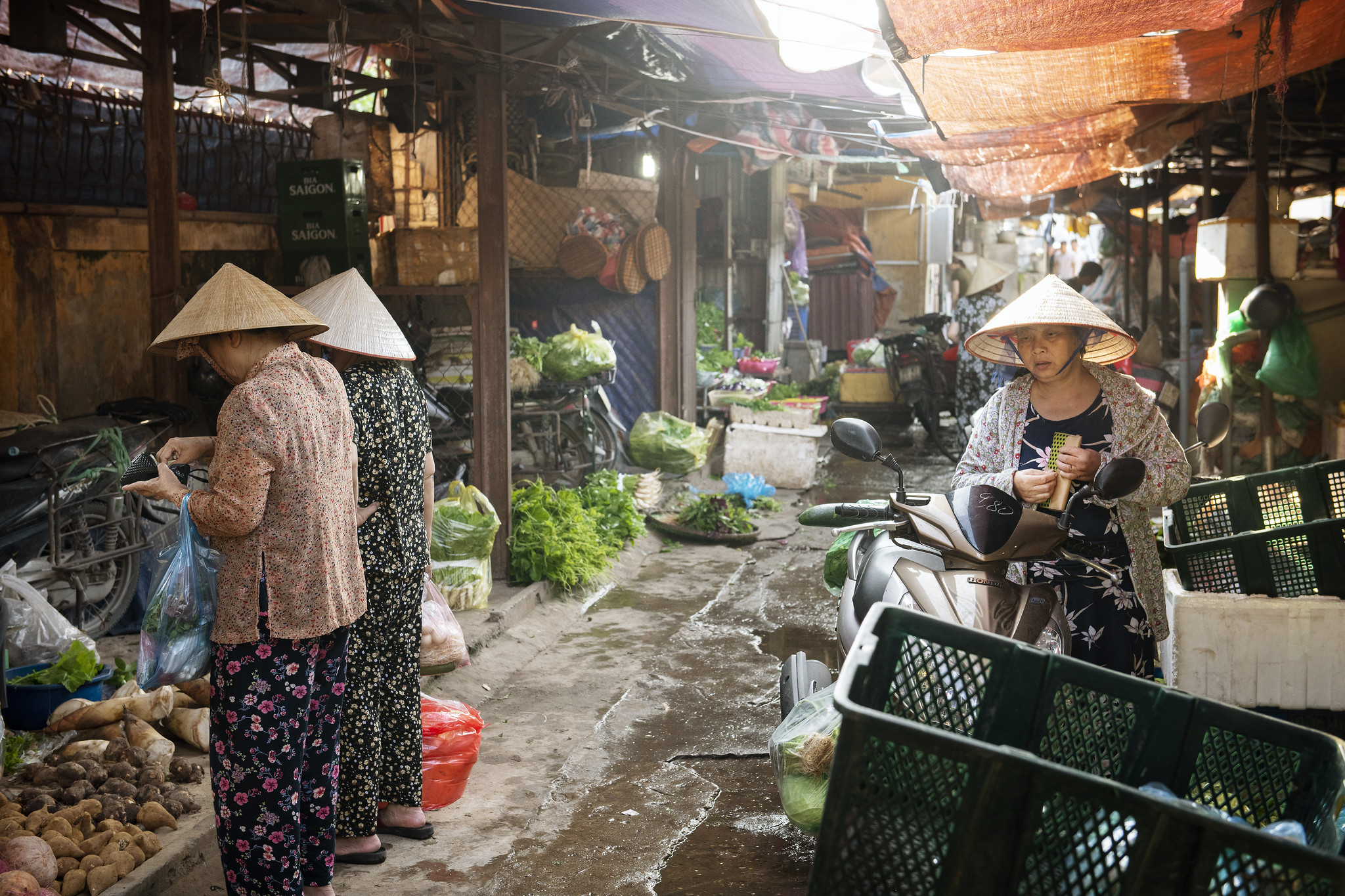
Evaluating impacts: Lessons from food systems interventions across Africa and Asia
Transforming food systems is promising but complex, requiring strong evidence and rigorous evaluations to ensure effective interventions.
-
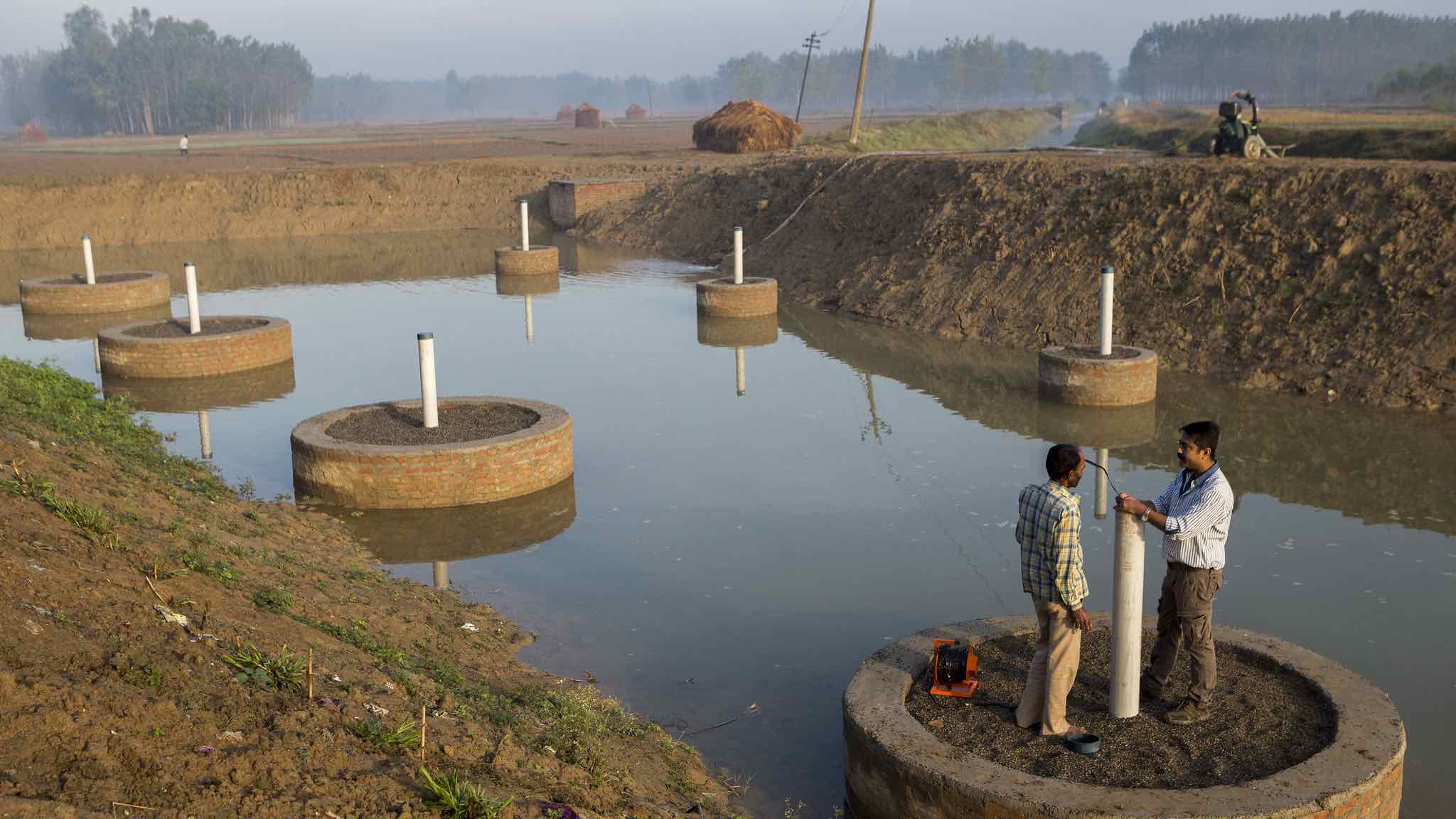
Groundwater conservation and food security: Navigating pathways to sustainable agriculture
Tradeoffs must be carefully managed.
-
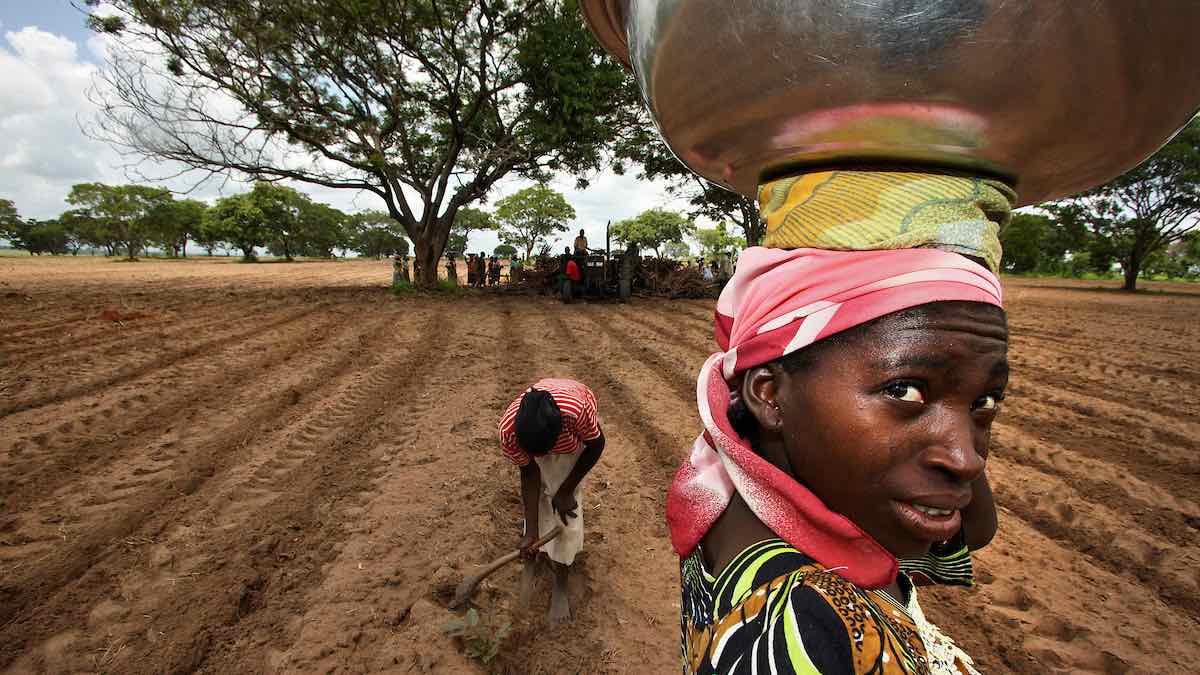
Workshop: Applying the Women’s Empowerment in Agrifood Governance (WEAGov) tool to support gender-responsive policy innovation across Africa
Collaborating to make food systems more inclusive.
Biodiversity by the numbers
Agriculture is the biggest driver of forest and biodiversity loss, including of diversity crucial to healthy diets and nutrition.
US$1B
estimated economic returns on just a few of IFPRI’s research efforts
46
gold standard impact assessment reports commissioned
27
years of measuring institutional impact
412
million/people indirectly benefitting from IFPRI
Explore our research
Report
Impacts of Africa RISING in Ghana
Brief
Africa RISING in Tanzania: Impact brief
Report





